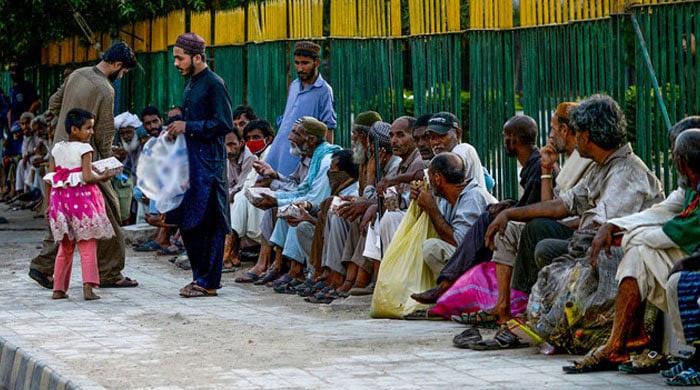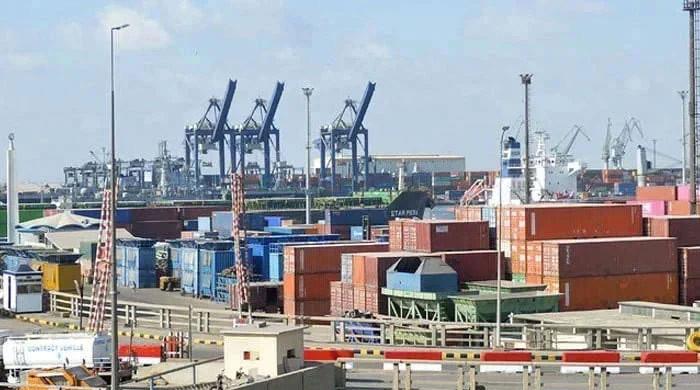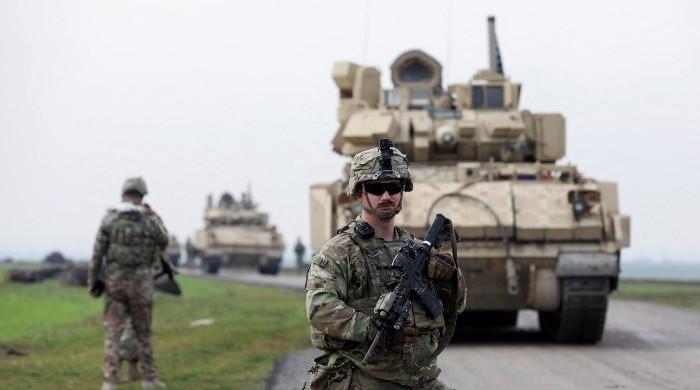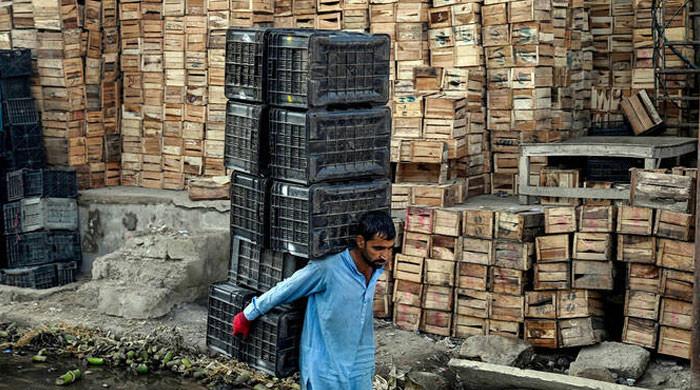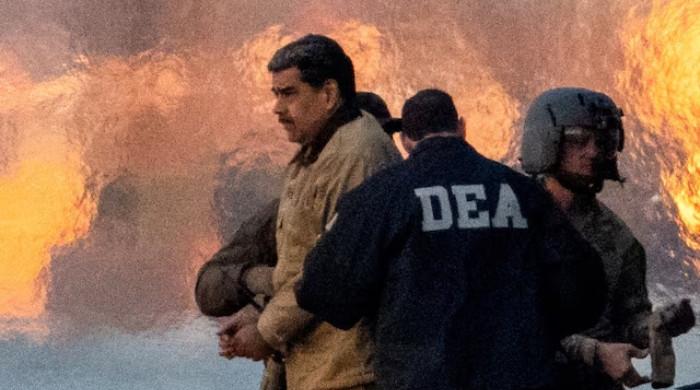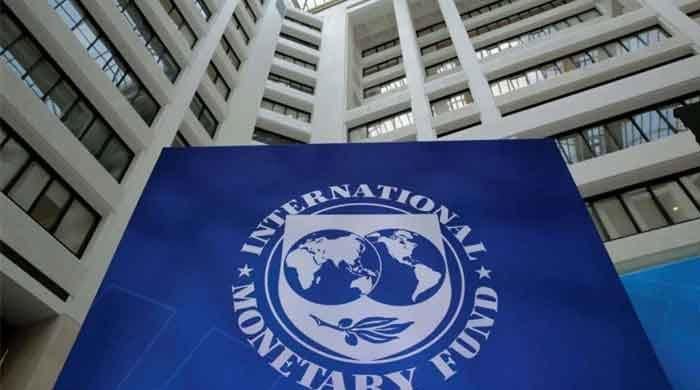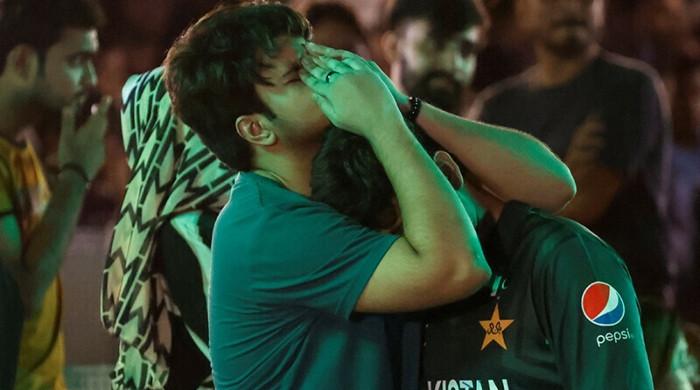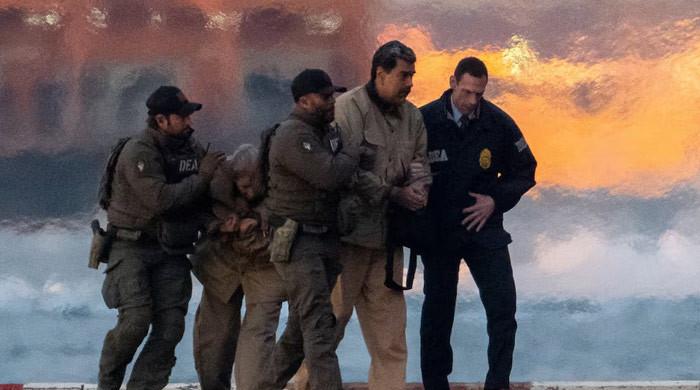The warp and woof of morality
When you are abroad, you are constantly aware of how they do things differently there
January 19, 2025
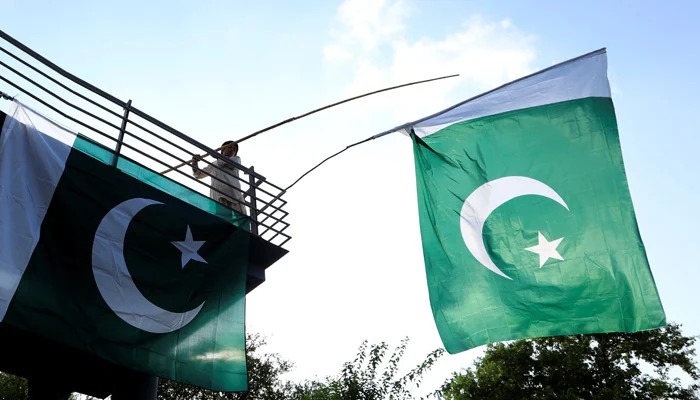
Before I sat down to write these words to meet my deadline for this column, I had drafted in my mind a rather emotional and impressionistic piece on my sojourn in Italy for more than three weeks — and what it feels like to return to the raw winds of Pakistan.
When you are abroad, you are constantly aware of how they do things differently there. And you think of what it is like in Pakistan. Because I returned to Karachi just a few days ago, the idea of looking at Pakistan in the context of what I had seen and experienced during my travels seemed valid.
But there have been some disruptions in my plans. One — and that is very obvious — is politics. It is something that seems so overpowering when you consume the media of your choice or run into a die-hard partisan of either side. However, I do not find much concern for politics in my daily, routine encounters with other people.
In any case, I should not ignore the sound and fury that is generated by the verdict delivered by Accountability Court Judge Nasir Javed Rana in the makeshift court within Adiala Jail on Friday. Imran Khan, the charismatic founder of the Pakistan Tehreek-e-Insaf (PTI), is sentenced to 14 years in prison in the 190 million pound Al-Qadir Trust Case. His spouse Bushra Bibi is also convicted and is given seven years.
This, to be sure, is a very important development, though the judicial process will continue. A lot is also happening on other fronts. The timing of how these things happen can often be intriguing. Friday’s judgment has come just three days before the inauguration of Donald Trump as the president of the United States. Yes, Trump and Imran were once considered twins. Let’s see how it plays out now.
Well, this was one distraction. But the other one, I think, is much more meaningful from the perspective of my intended column. There is a coincidence here that I find uncanny. When my wife and I arrived in Italy in the middle of December, my first column from there was, in a sense, interrupted by a tragic incident. And now this concluding column about the Italian interlude is coinciding with a similar tragedy.
Headlines in Friday’s newspaper told us that 44 Pakistanis have drowned in a boat tragedy off the coast of the disputed region of Western Sahara. The boat with 86 illegal migrants, including 66 Pakistanis on board, had left the West African country of Mauritania for Spain’s Canary Islands. It is said to have remained stranded in the Atlantic Ocean for 13 days.
Imagine the extent of this tragedy and what it says about the desperation of the young in our country to leave for abroad and fall victim to the devilish devices of human traffickers. Now, this is an almost exact repetition of the boat tragedy I had written about after landing in Italy. (‘This deathly lure of Europe’, December 22, 2024). At the time, 40 Pakistanis had died when the migrants’ boat capsized in the sea near Greece.
What do these tragedies say about the state of affairs in Pakistan? Prime Minister Shehbaz Sharif had responded energetically to the December tragedy by initiating strong action against human trafficking. That campaign should now gain more momentum. However, this is a larger issue. We have to build a society that does not deny the youth its rights and aspirations.
Some aspects of how Pakistani society actually functions zoom into your awareness with a renewed emphasis when you land at the airport after a relatively extended tour abroad. Though this unease is usually short-lived, the feeling that you are now in another world makes you very uncomfortable. There is a palpable sense of disorder and lack of discipline.
I had intended to dwell on this experience in some detail but there is no scope for it now. Just one observation. When the immigration official has stamped your passport, he puts a slip in it and another official checks it before you enter the baggage claim area. So, they do not trust the immigration officials serving at the desks? This lack of trust and apprehension of corruption is spread, like tentacles, across the entire system.
My return also coincided with the 20th anniversary celebrations of SIUT’s Centre of Biomedical Ethics and Culture (CBEC). I was very interested in the event because of my long association with SIUT and CBEC. Also relevant to what I am trying to say was the title of the International Bioethics Conference: ‘The warp and woof of human morality’. Dr Farhat Moazam deserves a lot of credit for running the CBEC as its founding chairperson.
I was only able to attend the final session on Urdu literature and ethics and it was gratifying to share the poetic thoughts of Iftikhar Arif, Zehra Nigah and Harris Khalique. However, the other sessions of the two-day proceedings covered a vast range of topics that relate to bioethics, including its cultural and philosophical implications in our lives. There was one lecture on ‘how I learned to stop worrying and live with uncertainty’.
We know that there is a specific code of ethics for every profession but the concept of what is wrong and what is right is something that should be present to all our citizens. There is a definite lack of civility on our streets and in gatherings where strangers come in contact with one another. This is one prominent difference that I notice between our society and that of more advanced countries.
To put it in simple terms, we all need to learn to be kinder and gentler in our interactions with other people. Every one of us should seek to become an ethical person. But how would this be possible?
This question would bring us back to where we are normally situated: in a depressed state of mind. As the poet said: “We look before and after and pine for what is not”.
The writer is a senior journalist. He can be reached at: ghazi_salahuddin @hotmail.com
Disclaimer: The viewpoints expressed in this piece are the writer's own and don't necessarily reflect Geo.tv's editorial policy.
Originally published in The News




